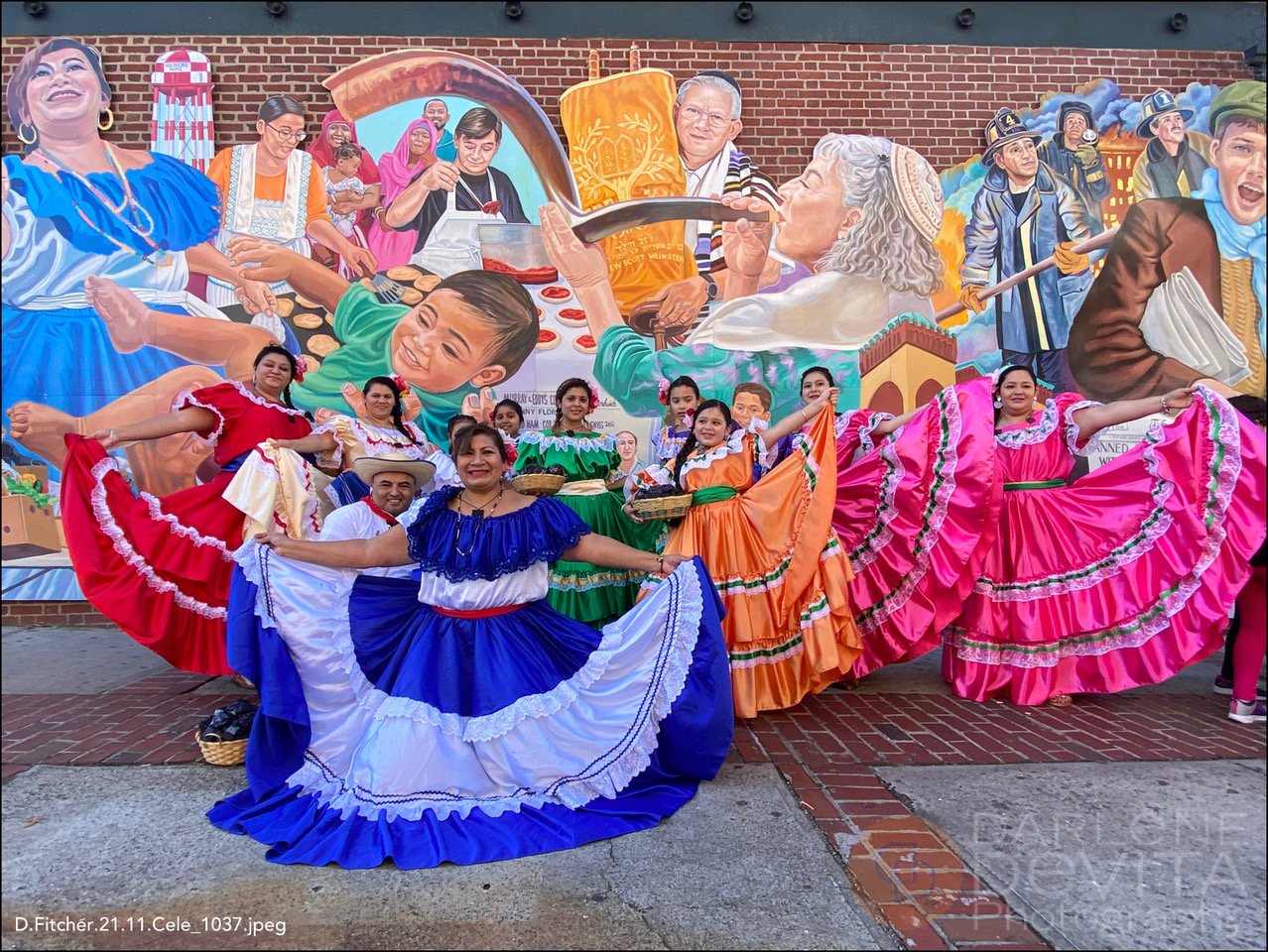
Chelsea Eats
PROBLEM: Chelsea, Massachusetts, a city of 40,000 people just north of Boston, was among the places in the country hardest hit by Covid-19, both from a health and an economic perspective. Chelsea is a small, densely-packed community with many multigenerational homes and a large portion of residents who work in frontline jobs, posing a perfect storm when the pandemic hit. As the unemployment rate skyrocketed above 20%, food distribution lines were miles long and still unable to meet the overwhelming need.
PARTNERS: We partnered with Chelsea City Manager Tom Ambrosino, the United Way of Massachusetts Bay, and the Harvard Kennedy School’s Rappaport Institute for Greater Boston to pilot a simple and proven approach to help residents get the resources they need.
SOLUTION: Together, we launched the nation’s largest Guaranteed Income program, providing 2,000 Chelsea residents – a full 15% of the city – with an average of $400 per month over the course of ten months. This money was provided on prepaid Visa debit cards and could be spent anywhere these cards are accepted with no restrictions. Researchers at the Kennedy School, led by Professor Jeffrey Liebman, studied the impact of these funds on the individuals and families who received them, completing monthly tracking surveys of recipients and an identical group of 2,000 non-recipients that tracked numerous metrics including economic security, food security, types of foods purchased, and mental health. The Kennedy School also compiled spending data to better understand where the money was spent and its impacts on the local economy.
ADOPTION: The Chelsea Eats program was an overwhelming success by every metric. 75% of all the money was spent at food retailers, including local grocery stores, restaurants, and bodegas, and the rest of it was spent on other necessities like utilities, transportation, and clothing. Less than half of one percent was spent at liquor stores and smoke shops. Additionally, the funds were spent locally, with 56% spent in Chelsea and another 32% spent in surrounding communities. And the Kennedy School’s research showed that those who received the money saw improved financial security and improved food security; spent more on food; were able to purchase more of the types of foods they prefer; consumed more fruit, vegetables, meat and fish; and were more likely to seek employment. Since concluding this program, we have been contacted by city and state leaders across the country looking to replicate its success, and our documentary about this initiative (“Raising the Floor”) has been shown to audiences nationwide.



